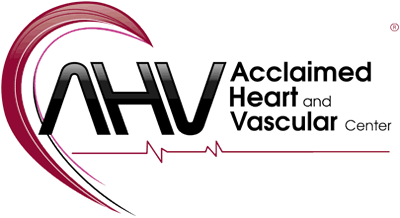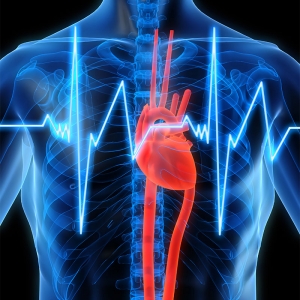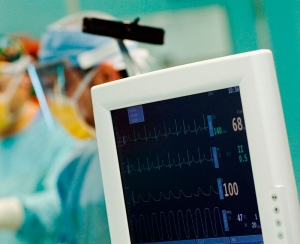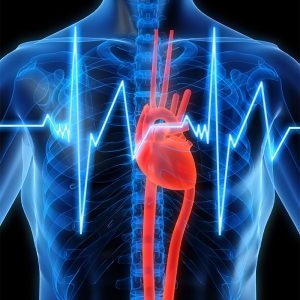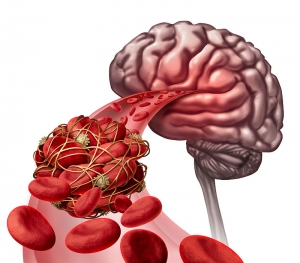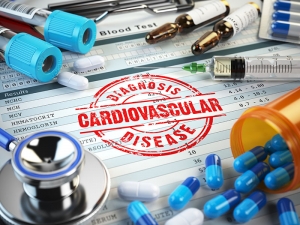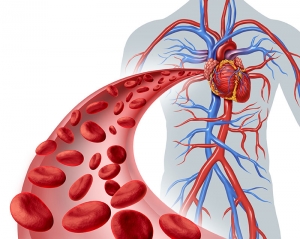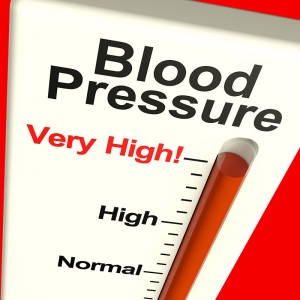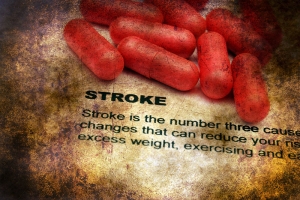The Heart-Kidney Link: How your Heart and Kidneys are related
Cardiovascular disease is common in people with kidney disease (renal disease). In addition, underlying conditions that cause renal disease, such as high blood pressure and diabetes, put people at risk for cardiovascular disease.
Symptoms of Heart Disease
Heart disease is caused by narrowed, blocked or stiffened blood vessels that prevent your heart, brain or other parts of your body from receiving enough blood. Heart disease symptoms may be different for men and women. For instance, men are more likely to have chest pain; women are more likely to have symptoms such as shortness of breath, nausea and extreme fatigue.
Symptoms can include:
- Chest pain (angina)
- Shortness of breath
- Pain, numbness, weakness or coldness in your legs or arms
Risk Factors for Heart Disease
Risk factors for developing heart disease include:
- Age - Aging increases your risk of damaged and narrowed arteries and weakened or thickened heart muscle.
- Sex - Men are generally at greater risk of heart disease. However, women's risk increases after menopause.
- Family history - A family history of heart disease increases your risk of coronary artery disease, especially if a parent developed it at an early age (before age 55 for a male relative, such as your brother or father, and 65 for a female relative, such as your mother or sister).
- Smoking - Nicotine constricts your blood vessels, and carbon monoxide can damage their inner lining, making them more susceptible to atherosclerosis. Heart attacks are more common in smokers than in nonsmokers.
Lifestyle Modifications for Heart Attack and Stroke Prevention
According to the American Heart Association, heart disease is the #1 cause of death in the United States, accounting for 1 in 7 deaths in the U.S. In the U.S., someone has a stroke every 40 seconds1.
One of the biggest contributors to these statistics is a lack of commitment to healthy living. Your lifestyle is your #1 defense against heart disease and stroke and following the steps below can greatly decrease your risk to Heart Disease and Stroke.
Ischemic Strokes
Ischemic stroke is the most common form of stroke, accounting for around 87% of strokes. This type of stroke is caused by blockages or narrowing of the arteries that provide blood to the brain, resulting in ischemia - severely reduced blood flow.
These blockages are often caused by blood clots, which can form either in the arteries connecting to the brain, or in other blood vessels before being swept through the bloodstream and into narrower arteries within the brain. Clots can be caused by fatty deposits within the arteries called plaque.
What is Heart Disease?
Heart disease, also called Heart and blood vessel disease, describes a range of conditions that affect your heart. There are many diseases that are categorized as heart disease, including coronary artery disease, arrhythmias (heart rhythm problems, and congenital heart defects (heart defects you are born with), among many others.
According to the World Health Organization and the CDC, Heart Disease is the leading cause of death in the US, UK, Canada and Australia1. Currently, 26.6 million US adults (11.3% of the adult population) is diagnosed with Heart Disease. 23.5% of all deaths in the US today are caused by heart disease2.
Angina and your Heart
Angina is chest pain or discomfort caused when your heart muscle doesn't get enough oxygen-rich blood. It may feel like pressure or squeezing in your chest. The discomfort also can occur in your shoulders, arms, neck, jaw, or back. Angina pain may even feel like indigestion.
But, angina is not a disease. It is a symptom of an underlying heart problem. There are several types of angina, including microvascular angina, stable angina, unstable angina and variant angina.
Depending on the type of angina you have, there are many factors that can trigger angina pain. The symptoms also vary based on the type of angina you have.
What is Bradycardia?
A heart rate of less than 60 beats per minute (BPM) in adults is called bradycardia. What's too slow for you may depend on your age and physical condition.
- Physically active adults (and athletes) often have a resting heart rate slower than 60 BPM but it doesn't cause problems and is normal for them.
- Your heart rate may fall below 60 BPM during deep sleep.
- Elderly people are more prone to problems with a slow heart rate.
Hypertension: Why it’s such a big deal
High blood pressure, or hypertension, occurs when your blood pressure increases to unhealthy levels. Your blood pressure measurement considers how quickly blood is passing through your veins and the amount of resistance the blood meets while it’s pumping. Click here to learn more about Hypertension.
Hypertension is very common. According to the CDC, In 2016, 75 million Americans (29%) are living with the condition.
It is very important to monitor and control your high blood pressure. Click here to learn ways to prevent and control hypertension.
Everything You Need to Know About Stroke
Stroke is the 5th leading cause of death in the US, with one person dying every 4 minutes as a result. For African Americans, stroke is the 3rd leading cause of death.
In the US, approximately 40% of stroke deaths are in males, with 60% in females. According to the American Heart Association (AHA), compared to Caucasians, African Americans have nearly twice the risk of a first-ever stroke and a much higher death rate from stroke.
Stroke is also more likely to affect people if they are overweight, aged 55 or older, have a personal or family history of stroke, are not physically active, drink heavily, smoke or use illicit drugs.
